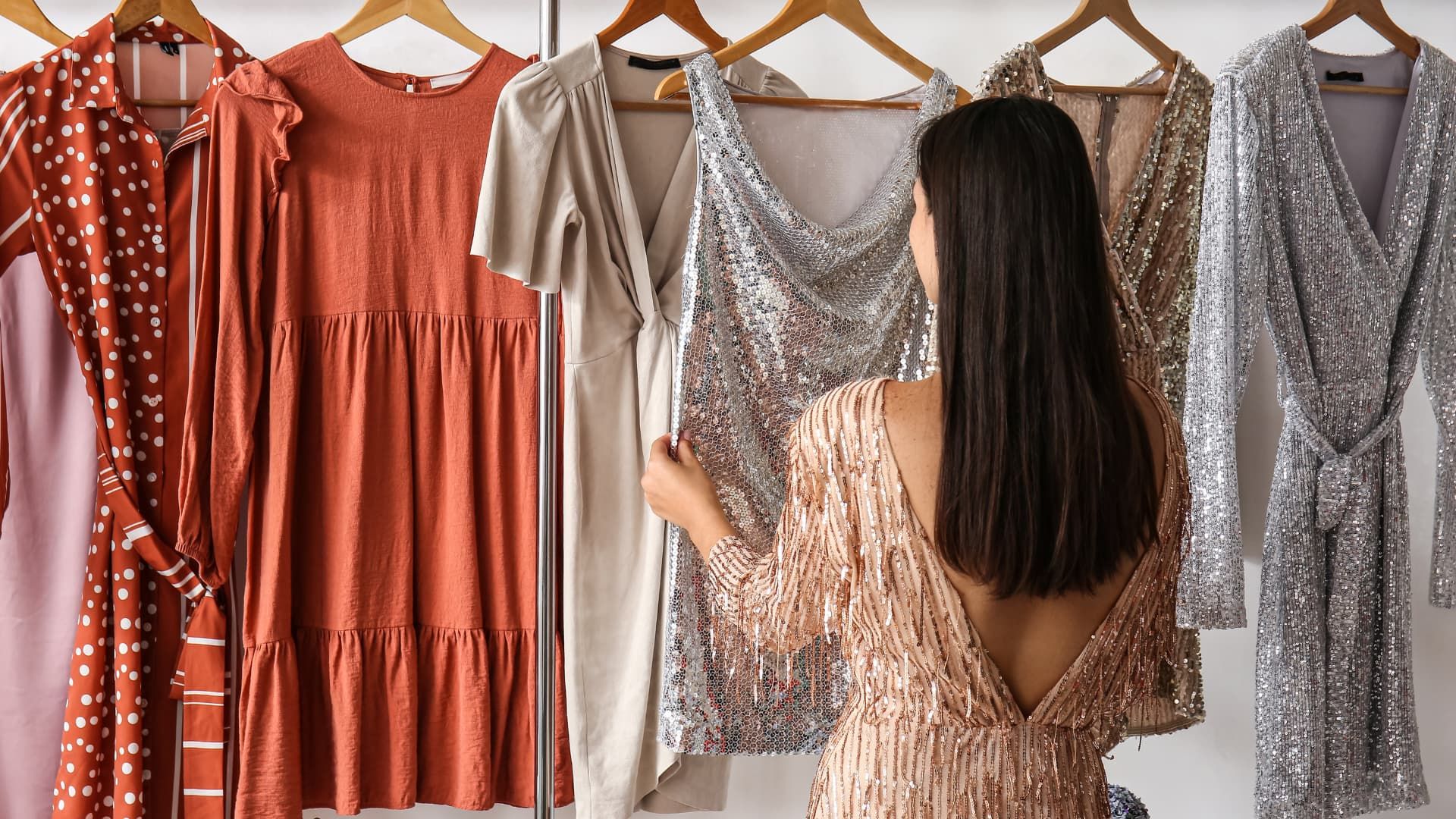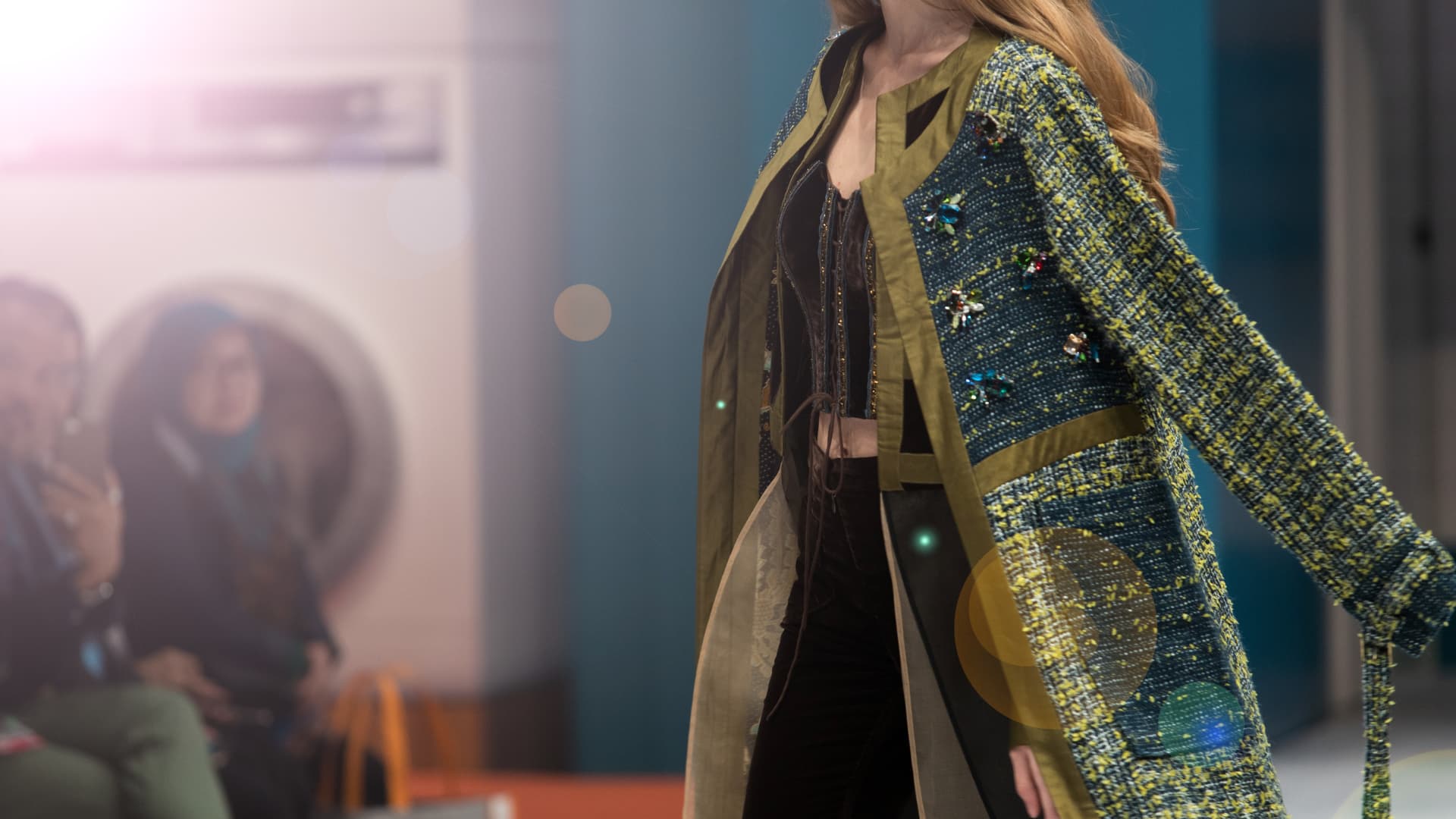How to Be Empowered By Your Clothes
Jul 07, 2023
Clothing is often seen as a reflection of our personal style and fashion preferences. However, it goes beyond just being a fashion statement. The clothes we choose to wear have the power to transform how we feel about ourselves and how we present ourselves to the world. When we dress in a way that makes us feel confident, comfortable, and empowered, it can have a significant impact on our overall well-being and success.
Research shows clothes, and empowerment are directly proportional. Well-dressed individuals convey a sense of trustworthiness, friendliness, creativity, and productivity while boosting their self-perceptions of the same attributes.
Various clothing styles can project an image of authoritativeness and competence or timidity and ineptness if wearing inappropriate clothes. Clothing is one of humankind’s basic needs, and its relationship with self-image is irrefutable. One’s choice of attire can determine whether task performance and psychological states improve or take a downturn.

Enclothed Cognition
A 2012 study by Northwestern University’s Hajo Adam and Adam Galinsky and published in the Journal of Experimental Psychology revealed that clothing has a positive relationship with task performance and psychological states. The researchers described the phenomenon as “enclothed cognition,” underscoring clothing’s influence on the wearer’s cognitive processes.
Enclothed cognition is an essential aspect of “embodied cognition,” an area of study focused on explaining the general observation that human cognition requires mind and body agreement. In simple terms, physical experiences allow us to produce abstract and vague ideas that eventually form our thinking.
Evidence of Enclothed Cognition
The Northwestern University study yielded two surprising results that strengthened the notion of clothing’s effects on thought processes.
Adam and Galinsky chose the lab coat as the clothing of interest because it conveys scientific focus, attentiveness, and being careful. The researchers hypothesised that study participants would make fewer errors when they wore lab coats.
The first experiment included 58 undergraduate students, where half wore lab coats and the other half in street clothes.
Researchers subjected the study participants to the Stroop Test to measure their processing speed and selective attention capacity.
Lab coat-wearing subjects made half as many mistakes as plainclothes participants. The results suggested that the lab coat is both “physical” and “symbolic.”

The second experiment assessed three study groups’ heightened attention on visual search tasks wearing identical lab coats. However, researchers told one group the lab coats were doctor’s coats, while the other group was told they were wearing an artistic painter’s gown. The third group only looked at the lab coats on the table before performing the test. Results revealed heightened attention in the doctor’s coat group.
Clothing’s Impact on Task Performance and Psychological States
Adam and Galinsky’s “enclothed cognition” experiment showed that clothing has symbolic meaning. People’s behaviours vary when given identical clothing but belonging to diverse professions.
Preconceived notions about occupations help shape thought patterns and, in turn, dictate how people should act or behave. In general, people ascribe meanings to things, including clothing. Hence, they automatically think of something whenever they see an associated object.
The “lab coat” experiment highlighted two behavioural components. The first is the actual donning of the lab coat (physical), and the second is ascribing meaning to the lab coat (symbolic).
People associate “lab coats” with the scientific method, precision, and intelligence when worn by the medical or scientific community. On the other hand, people think of creativity and free spirit when artistic painters wear “lab coats.”
Unsurprisingly, study participants who were told they were wearing doctor’s lab coats performed better than those who thought they were wearing an artistic painter’s gown, although the clothing is identical. People formed symbolic stereotypes and sought to perform as expected.
Implications for the Modern Age
Although Adam and Galinsky’s research has limited study subjects, its implications are immense. The principal takeaway in the research is that clothing can stimulate other people’s brains to form notions about a profession’s archetypal attributes. These cognitions shape people’s behaviours, whether they perform tasks commensurate with the profession’s ideal characteristics or create a different psychological impression.
It would be wise for people to examine the symbolic meaning of their clothing. For example, wearing a well-fitted business suit might convey an image of an erudite and logical professional. In contrast, people might also equate a leather bomber jacket to a rebellious spirit.

Individuals can leverage the “lab coat” results to shape their daily task performances and psychological experiences. For example, donning confidence-boosting attire to an exam date should help exam-takers feel more positive about their chances of getting high scores. It’s the same mantra when going for a job interview.
Start the day with a goal of what you want to feel for the rest of the day. It could be fun and exciting or confident and professional. People could be loving, composed, sexy, confident, fierce, friendly, or passionate for a day. With the “target feeling” set, you can check the wardrobe to identify the clothing that best conveys the “intended” message.
The whole idea is to use clothing to shape your thinking. If you want to be fun and cordial, attire that conveys such a message to others and makes you feel the same is ideal. You can also extend this psychology to fashion accessories, allowing you to complement your clothing and boost enclothed cognition.
How to Be Empowered by Your Clothes
Know Your Style
One of the most effective ways to feel empowered by your clothes is to know what kind of style suits you best. Consider your body shape and choose clothing that flatters it; look out for cuts and fabrics that flatter rather than hide or exaggerate certain features. Moreover, find colours that bring out the best in you (cool tones for fairer skin tones, warmer shades for darker ones).

Invest in Quality Pieces
Quality materials, such as natural fibres like cotton or linen, will not only look better but will also last longer than cheaper alternatives. Investing in quality garments will ensure your outfit looks its best and boost your confidence when you wear it.
Make Comfort A Priority
It’s important to feel comfortable in whatever you are wearing, or else it can be distracting and affect your performance. Stay away from tight-fitting items unless they’re made with stretch material for flexibility – if an item feels uncomfortable, then don’t buy it! Instead, opt for flowy garments that move with you without restriction so you can focus on the task at hand without having to worry about adjusting your outfit all day long. That said, comfort should be mistaken as sloppy and lack of effort.
Play With Accessories
Utilising accessories is a great way to add interest to even the simplest of outfits without breaking the bank. Choose jewellery, bags, hats and shoes that match both your personal style as well as current trends to create a look that is timeless yet modern at the same time - this will make sure you always stand out from the crowd!
Be Confident
Ultimately, feeling empowered by your wardrobe starts with being confident in yourself no matter what item of clothing you decide to wear! Wear each garment with pride, knowing that it reflects who you are and allows people to get a glimpse into what makes up “you” - stay true to your own sense of fashion and never forget that fashion should be fun!

Ultimately, embracing yourself through fashion is all about feeling empowered and boosting self-confidence - wear something that makes YOU feel great every day so that no matter where life takes you, what challenges come along, or successes celebrated – always remember just how capable & fabulous YOU truly are!
Final Words
Clothes have come a long way from being mere protectors of humankind against a harsh environment. Amidst fashion style changes, modern clothing speaks volumes about your state of mind and how others perceive you.
Enclothed cognition underscores clothing’s unshakable influence on human psychology and behaviour, fueling people to perform their best while shaping their thought processes. And that’s empowerment.
With gratitude,

The content of this website is not meant to substitute any advice provided by medical professionals. If you suspect that you're facing mental-health related problems, you're strongly encouraged to seek professional help.
Reference:
Adam, H., & Galinsky, A. D. (2012). Enclothed cognition. Journal of Experimental Social Psychology, 48(4), 918-925. https://doi.org/10.1016/j.jesp.2012.02.008




